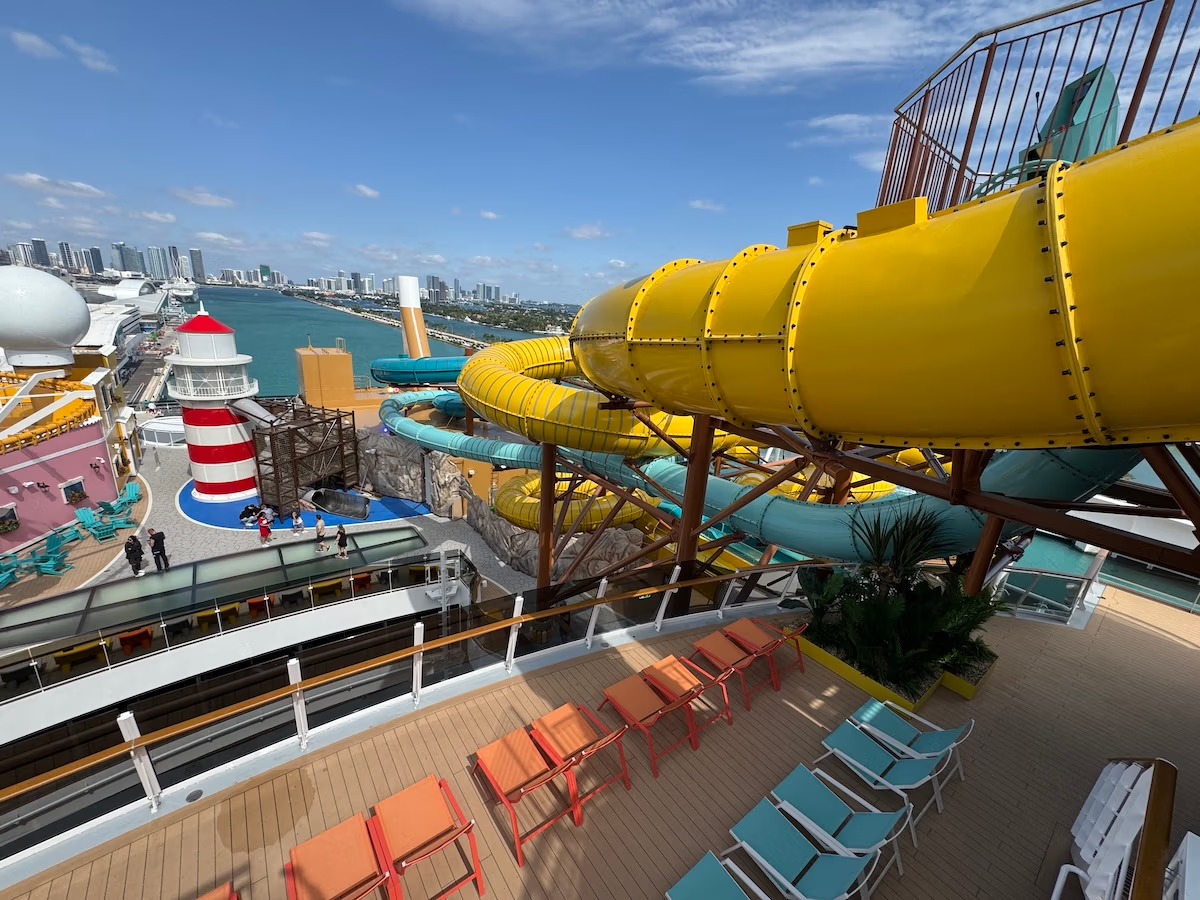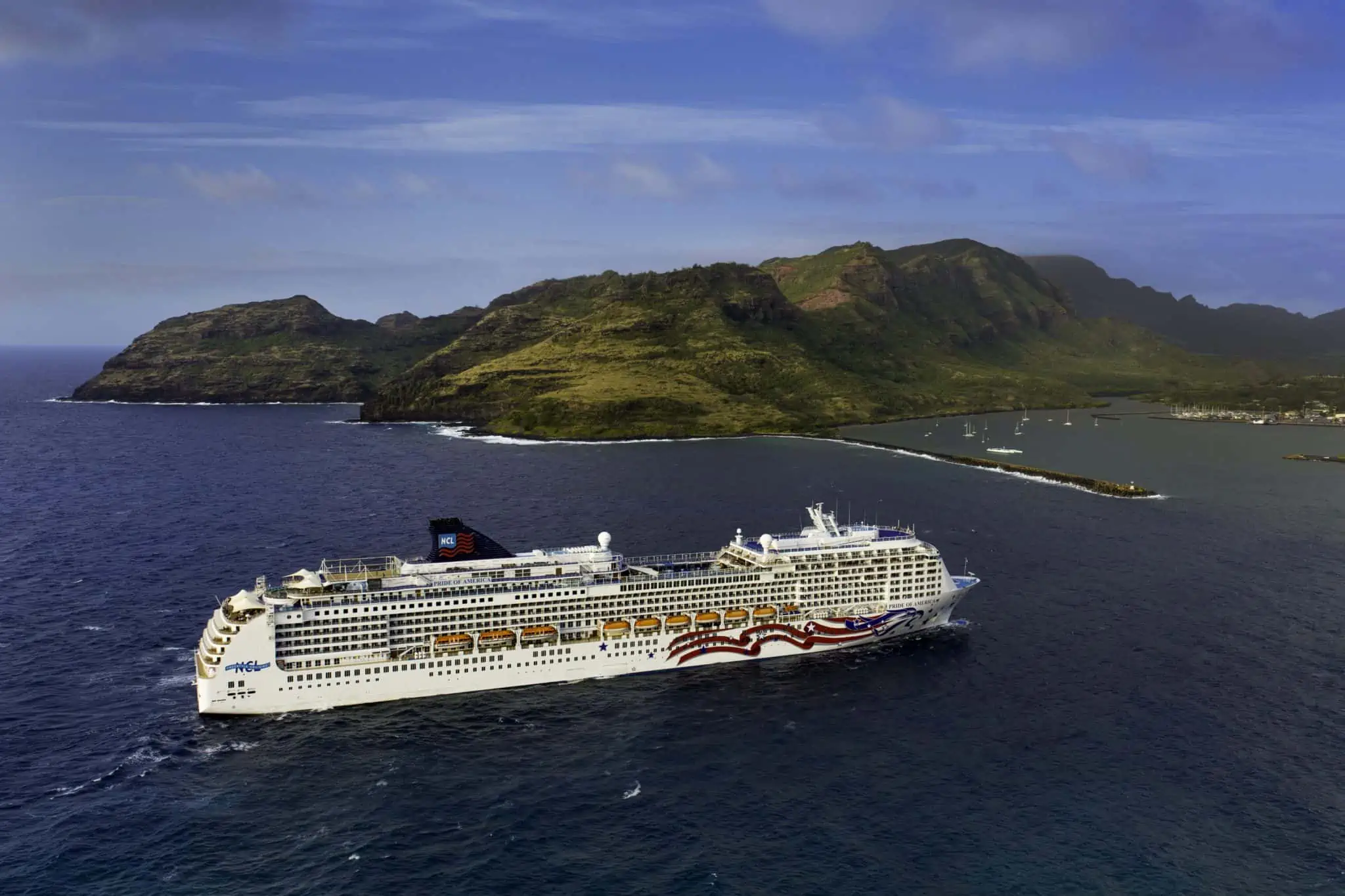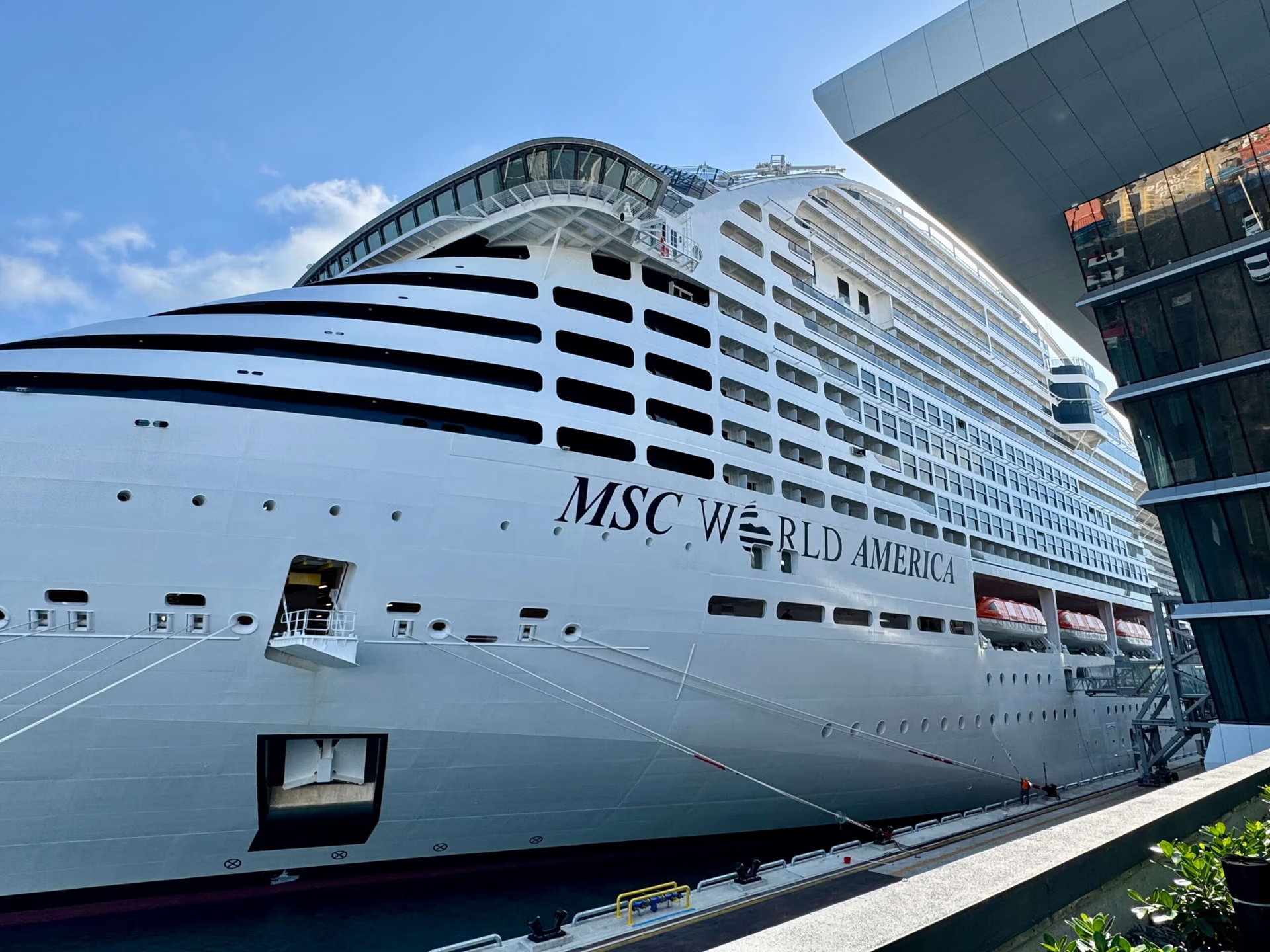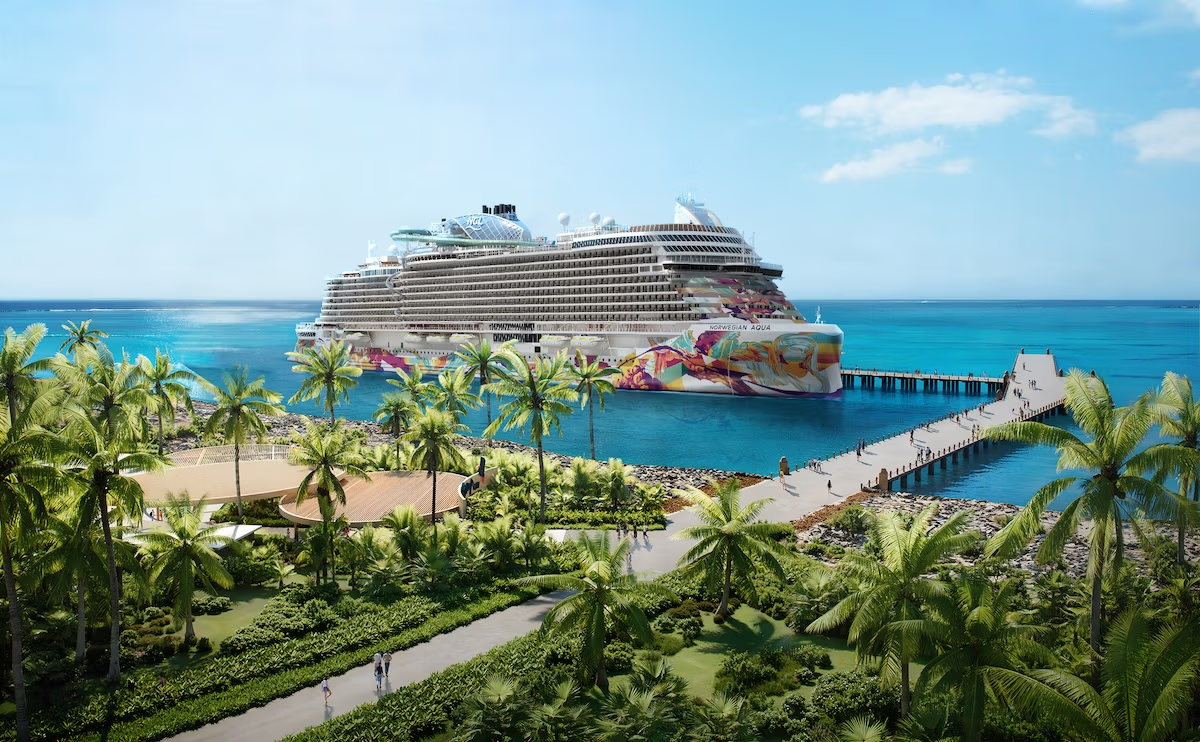One of the things I most enjoy about cruising is sitting next to complete strangers and striking up a conversation, usually over drinks.
It’s surprisingly easy even for someone who is an introvert on land to open up to a total stranger at sea. Every now and then, however, what you expect to be a casual chat turns into something more. Sometimes, in fact, those random conversations can help you see things in a way you never had before.
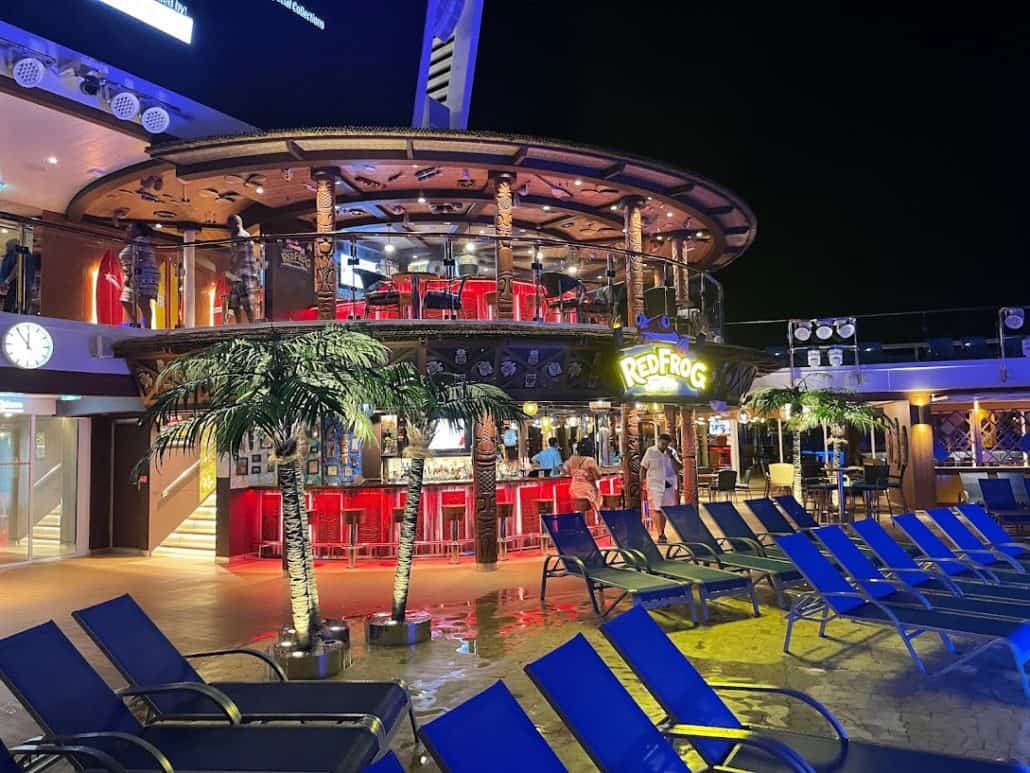
He Works Hard For the Money
On a recent sailing, I struck up a conversation with the man on the next barstool. His wife had deposited him there so she could take their kids to the pool and he could enjoy a drink while watching his clan enjoy the sunny day.
After a few minutes of chatting, he nodded toward his family and smiled. “This is what it’s all for,” he said. “This makes it all worthwhile.”
At first, I wasn’t sure what he meant by “it all.” But then he began to elaborate.
“We work hard,” he admitted, “and we can really only afford only one vacation a year. Even then, we sort of have to scrimp to do it. Instead of going to the movies or out to eat, we find ways to entertain ourselves at home and put that money toward two things: the kids’ education and our next vacation. Then once a year, we get on a ship and have the time of our lives for a week.”
Why, I asked, did they cruise instead of going somewhere, anywhere else.
“Because here, we get to be somebodies for a week,” he said almost quietly.
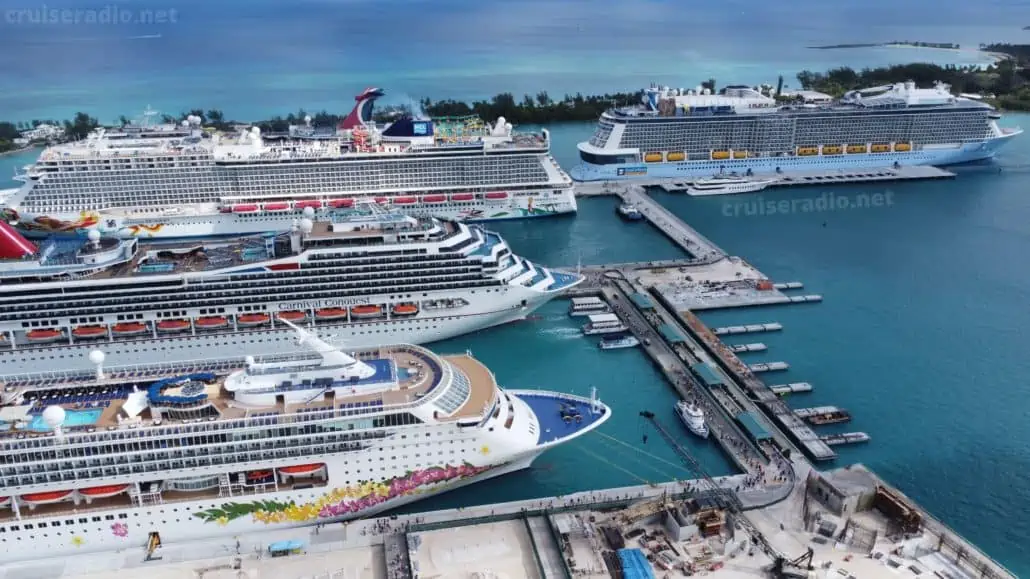
MORE: 10 Secrets The Cruise Lines Don’t Usually Tell You
Everybody’s Somebody
“Look,” he shrugged, “I’m a small fish in a big pond back home. There’s nothing really special about me or my job. I like what I do, but I’m never gonna get rich doing it. I’m basically like everybody else out there, doing their job, coming home, spending time with their family. It’s a good life that’s nothing special.”
But once a year, he added, “we get on a ship and feel like royalty. My wife is waited on the way she deserves. We get to go out to dinner and have people take care of us. It probably sounds silly, but we’re somebodies for a week.”
The more I thought about it, the more I totally got what he meant. It’s the reason I have a sit-down breakfast in the main dining room most mornings, despite not really being a breakfast person.
I’m on vacation (somewhat) and I want to enjoy having someone not only cook and do the dishes, but actually bring me food… things that are usually my job back home.
Is there a class system onboard cruise ships? Of course, as evidenced by the rise of high-end ship-within-a-ship concepts like Norwegian Cruise Line’s The Haven or MSC’s Yacht Club. But outside of those enclaves, when two people sit side by side at a restaurant or bar, nobody knows who’s staying in an inside room and who shelled out big bucks for the fanciest suite available.
“I get that everybody here is getting the same treatment,” he said, “and maybe they appreciate it, maybe they don’t. But my family does. It’s what keeps us coming back, every year.”
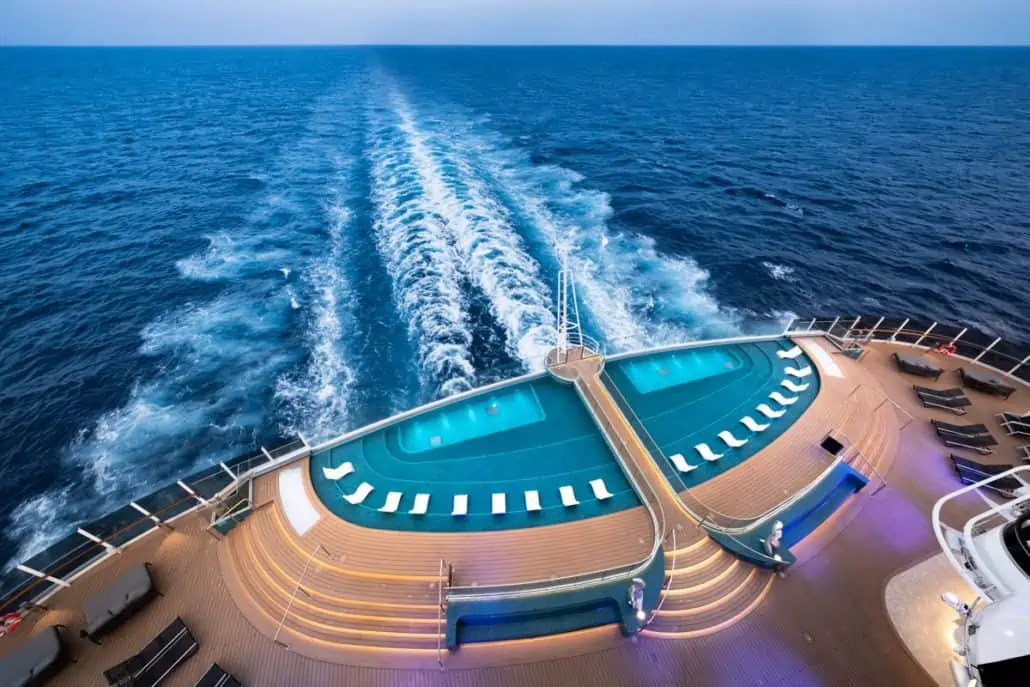
Everybody has their own reason for cruising. Maybe it’s to escape their everyday problems. Maybe it’s to be pampered. Maybe they don’t really enjoy it but they’re married to someone for whom the sea is their happy place.
But whatever your reason, we here at Cruise Radio are happy to keep the spirit of cruising alive in between each and every one of your journeys.
READ NEXT: Cruise Lines Need To Stop Playing The Daily Gratuities Game


